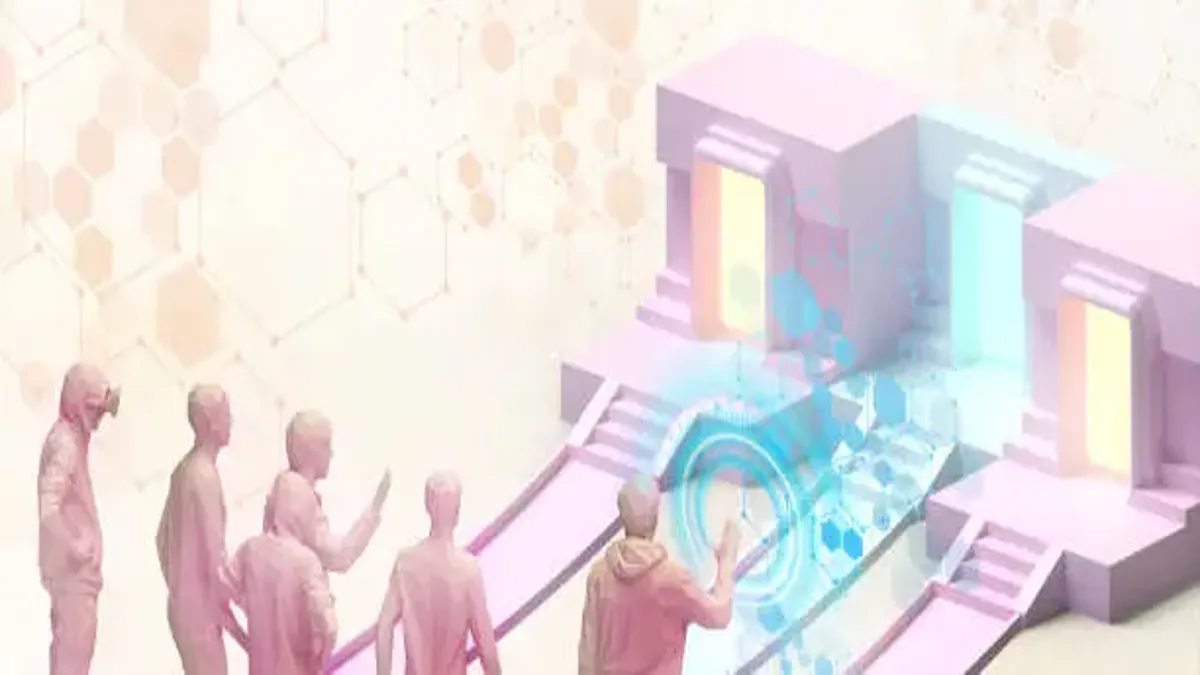The term Secret Class has become widely recognized in online reading communities, sparking curiosity among searchers who want to know what it is, why it matters, and how it fits into the evolving landscape of digital comics. Within the first hundred words, the answer is straightforward: Secret Class is a Korean manhwa series that blends adult-oriented storytelling with emotional complexity, becoming one of the most discussed works in the webtoon and digital comic ecosystem. While at first glance it may appear as a straightforward mature-themed story, its cultural presence goes much deeper. It represents the globalization of Korean digital storytelling, the rise of adult manhwa as a legitimate genre, and the debates surrounding its content. This article explores Secret Class in detail—its plot, themes, audience reception, ethical critiques, and its place within the expanding digital manhwa industry.
Origins of Secret Class
Secret Class originates from South Korea’s vibrant webtoon culture, where digital comics are published online, often on a weekly basis. Created by Wang Kang Cheol (writer) and Minachan (artist), it quickly gained traction due to its provocative storyline and distinct artistic style. Released through digital-first platforms, the manhwa bypassed traditional gatekeepers of print publication, finding its readership directly through online audiences.
Unlike mainstream K-dramas or general manhwa aimed at younger audiences, Secret Class specifically targeted adult readers. Its fusion of slice-of-life elements, taboo explorations, and high-quality art distinguished it in a competitive market. Over time, it became one of the most-read adult manhwa internationally, thanks to fan translations and online sharing communities.
Quote from a reader:
“Secret Class was my entry point into manhwa beyond the mainstream—it opened up a new world of storytelling.”
Plot Overview and Narrative Structure
The narrative of Secret Class follows the story of Daeho, a young man who becomes entangled in complex relationships after moving in with a new guardian. While the plot includes explicit content, it is interlaced with themes of secrecy, desire, and emotional conflict. What makes it compelling for many readers is the dual nature of the storytelling—both sensational and psychologically layered.
- Character-driven tension: Most of the drama emerges from interpersonal relationships rather than external threats.
- Secrecy as motif: Hidden truths and unspoken feelings drive much of the narrative.
- Mature themes: While explicit, the story also engages with vulnerability, curiosity, and boundaries.
This combination of sensationalism with relatable emotional struggles is what fuels the story’s addictive nature.
Table: Narrative Elements of Secret Class
| Element | Description | Purpose |
|---|---|---|
| Protagonist | Daeho, a young man navigating new relationships | Anchor for reader identification |
| Themes | Secrecy, desire, boundaries, family tension | Creates dramatic depth |
| Style | High-quality digital art, expressive character design | Enhances emotional and sensual impact |
| Format | Weekly serialized digital chapters | Builds anticipation and community discussion |
Themes and Symbolism
Though often described as an adult manhwa, Secret Class resonates because it employs themes that extend beyond eroticism. The most recurring theme is secrecy itself—not only in terms of hidden relationships but also in the way individuals mask desires, fears, and insecurities.
- Secrecy as identity: Characters are often defined by what they conceal rather than what they reveal.
- Desire and taboo: The narrative thrives on challenging cultural norms about relationships.
- Psychological tension: Much of the drama lies in guilt, anticipation, and moral ambiguity.
Quote from a cultural analyst:
“Secret Class reveals that secrecy is not simply about hiding—it is about constructing identities in silence.”
Reception Among Readers
The reception of Secret Class has been a mix of fascination and controversy. For many readers, it represents a bold exploration of adult storytelling in manhwa. Its strong art style and serialized cliffhangers make it highly engaging. On the other hand, some critics argue that the work leans heavily into sensationalism without addressing its ethical implications.
Still, the sheer volume of global readership indicates that it resonates with a wide audience. Online communities host discussions, fan theories, and debates about characters’ motivations, illustrating the series’ ability to inspire engagement far beyond casual consumption.
Globalization Through Fan Translations
A significant reason behind the global popularity of Secret Class is the role of fan translation communities. Since official English or European releases are limited, fans translate and share chapters across forums and aggregator sites.
This phenomenon illustrates three larger cultural points:
- Demand: International audiences actively seek access to adult manhwa.
- Community labor: Volunteer translators bridge linguistic gaps.
- Global reach: Manhwa has become part of international digital culture, alongside Japanese manga and Chinese webcomics.
Quote from a translator:
“We knew there was demand, so we translated not for money, but to share something exciting across cultures.”
Ethical Debates
No discussion of Secret Class is complete without acknowledging the ethical debates surrounding it. Critics raise concerns about:
- The portrayal of taboo relationships.
- Issues of consent in narrative structures.
- The potential influence on younger audiences who access it online.
Proponents argue that adult manhwa like Secret Class should be understood as fictional exploration, not as social instruction. They point out that fiction often pushes boundaries, reflecting human imagination rather than prescribing behavior.
Table: Supporters vs Critics of Secret Class
| Perspective | Supporters | Critics |
|---|---|---|
| Viewpoint | Fictional entertainment, artistic expression | Promotes problematic tropes, questionable ethics |
| Impact | Expands global manhwa reach, fosters discussion | Risk of misinterpretation by younger readers |
| Cultural Value | Highlights Korea’s digital comic creativity | Raises cultural responsibility questions |
Influence on Digital Comic Industry
Secret Class has contributed to the broader recognition of adult manhwa as a genre with international potential. Traditionally overshadowed by Japanese hentai manga, Korean adult webtoons now command global attention.
Industry observers note that Secret Class’s success demonstrates:
- The viability of digital-first publishing.
- The potential profitability of niche adult content.
- The power of cliffhanger-driven serialization to build loyalty.
This influence is not confined to Korea; it extends to how publishers across Asia consider adult genres in the digital era.
Quotes from Analysts and Readers
- “Secret Class is a reminder that webtoons can challenge conventions, not just follow them.” — Media scholar
- “For me, it was less about the adult content and more about the emotional suspense.” — International reader
- “You cannot separate its popularity from its controversy—that tension is part of its appeal.” — Cultural critic
The Future of Secret Class
As of now, Secret Class continues to maintain a strong readership base. Its future could unfold in multiple ways:
- Potential official translations expanding its legal availability.
- Adaptations into animated or live-action forms, following the trend of webtoon adaptations.
- Continued debates about its place in the cultural landscape of adult storytelling.
Whatever its trajectory, it has already left a mark by highlighting how adult manhwa can reach global audiences, stirring debates along the way.
Conclusion
Secret Class is more than just a provocative manhwa; it is a cultural marker of how digital storytelling is expanding across genres, borders, and communities. For searchers exploring this keyword, the important takeaway is that Secret Class embodies both entertainment and controversy. It demonstrates the power of digital platforms to amplify niche genres, the influence of fan communities in global circulation, and the cultural debates sparked by adult content. Whether one views it as art, escapism, or a point of contention, Secret Class is undeniably part of the evolving story of digital comics in the twenty-first century.











